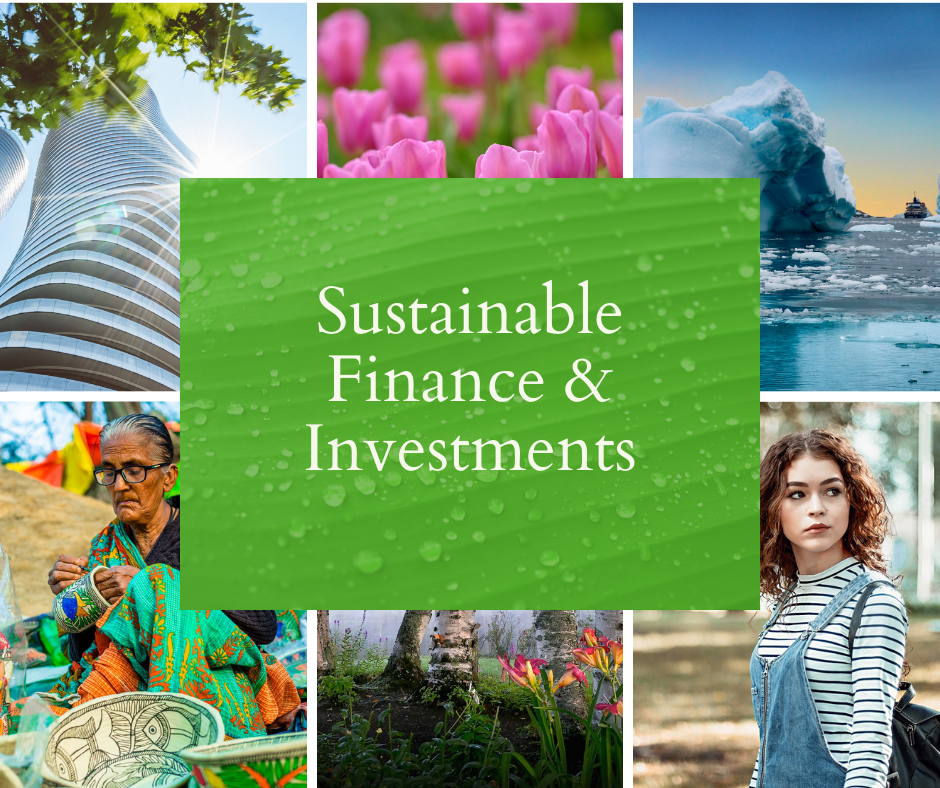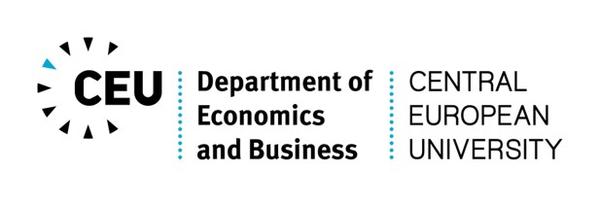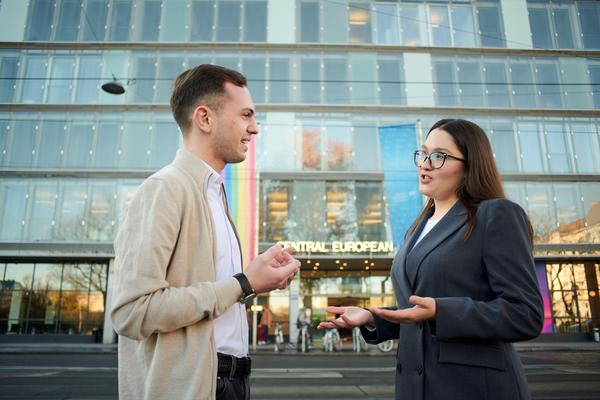During this intensive course you are offered the opportunity to get up to speed in a very short time on relevant themes in the areas of sustainable finance and investments.
You will
• Understand the importance and viability of sustainable investing
• Get an insight into the challenges and disruptions facing financial systems and business
• Develop an understanding of ESG-related factors in private and public market investing
• Acquire knowledge about tools and frameworks to respond to financial risks posed by sustainability issues
• Appreciate ESG-related valuation as a tool for making strategic decisions
• Understand the risk and return associated with ESG-based investment strategies
• Understand the sources of value in impact investing
• Identify and understand the different types of sustainable debt
• Measure environmental and social factors
• Gain ability to develop sustainable finance strategies and lead integration into traditional
financial management practices
• Develop a vision for the future of sustainable investing
















